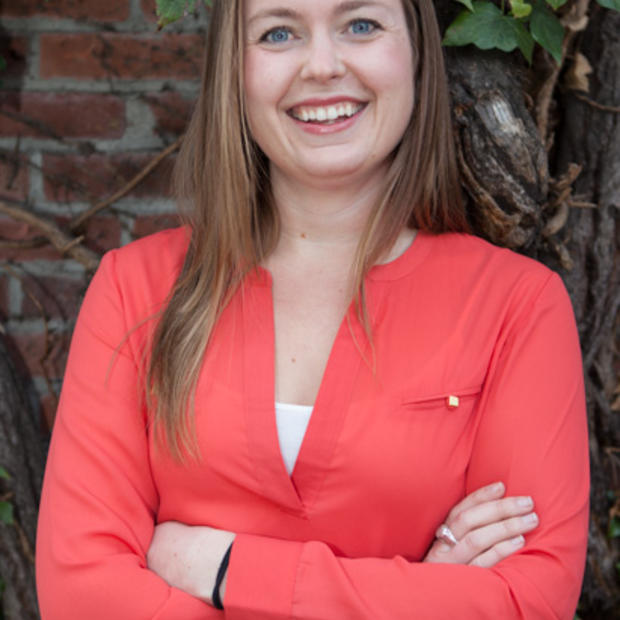Last spring, on a warm June evening, more than 300 of you gathered at Town Hall for a new perspective on things.
You came to hear the answer to a question we had put to our community — How can we use the region's tech boom to improve inequality and engagement? It seems you'd been wondering the same thing. In May, more than 50 Crosscut readers had submitted their ideas of new ways to do this, which Crosscut editors and advisors narrowed down to just five ideas.
Then we turned things over to the audience, which voted for the first ever Community Idea Lab winner: a Central District hackathon that, buoyed by the prizes it won that night, went on to teach 30 African-American youth how to code and launched 10 new businesses. (You can read more about it here.)
Another Community Idea Lab idea from that night, an investment fund to create more affordable housing around Seattle, also recently launched successfully. And there are plans to replicate the Community Idea Lab model on college campuses across Washington.
The Community Idea Lab was a big success: 93 percent of attendees said that they'd recommend the event to a friend and 74 percent said they would submit an idea of their own to a future Community Idea Lab.
This winter, Crosscut is proud to announce that we're doing it again — this time with a new focus and the help of some new friends.
We are very excited to be partnering with the Museum of History and Industry (MOHAI) as we take a closer look at K-12 public education in Washington state.
How do we create schools that benefit students of all backgrounds fairly — not just the whitest and the wealthiest? How do we develop a system for identifying, studying and replicating successes in public schools? How should we measure the progress of students and attract and nurture the best teachers? And what can we do to support the ideas and programs that surface from within the communities that need them most — steered by the people who've seen firsthand how the public schools in their community have room to grow?
All across the country, communities are asking themselves these questions. But in Washington, our situation is further complicated: The State Supreme Court is threatening to derail state tax breaks if lawmakers don't come up with the money to fully fund K-12 education on their own. The National Education Association ranks us 41st out of 50 states in our spending per student and 47th out of 50 states in our ratio of teachers to students. And, between 2013 and 2014, our compensation of those teachers dropped from 5th to 24th place.
Crosscut can't fix our state's financial problems (though trust us, we'd like to), but over the next few weeks, we'll be diving into the education space, writing about the classroom experience, the role of community and school governance in our state system.
And we'll be soliciting your ideas about the biggest areas for improvement in Washington's K-12 public education system, both online here at Crosscut and in person at MOHAI's Bezos Center for Innovation in South Lake Union. On January 5th, we'll identify one area in particular that would benefit from a fresh new, community look at things and announce the specific question we're posing to all of you for our next Community Idea Lab contest.
And, on February 24th, we hope you'll join us at MOHAI to see the next round of Community Idea Lab pitches unveiled.
Then MOHAI takes it to the next step and challenges four teams representing a cross-section of the community to leverage the winning ideas into an innovative plan for action.
A new kind of action-oriented journalism, the Community Idea Lab is designed to highlight and elevate great Northwest ideas and work with community leaders in government, business and the non-profit worlds to integrate those ideas into civic planning. Our goal is to marry journalism and civic change. By inviting and spotlighting ideas, we hope to cultivate an ongoing civic brainstorm. And you, Crosscut's audience, are essential to making that work.
So mark your calendar for Tuesday, February 24th. We hope we'll see you there.



